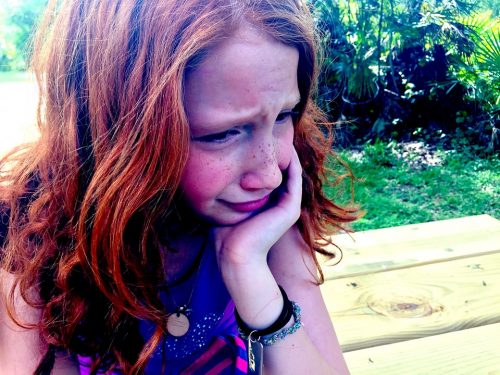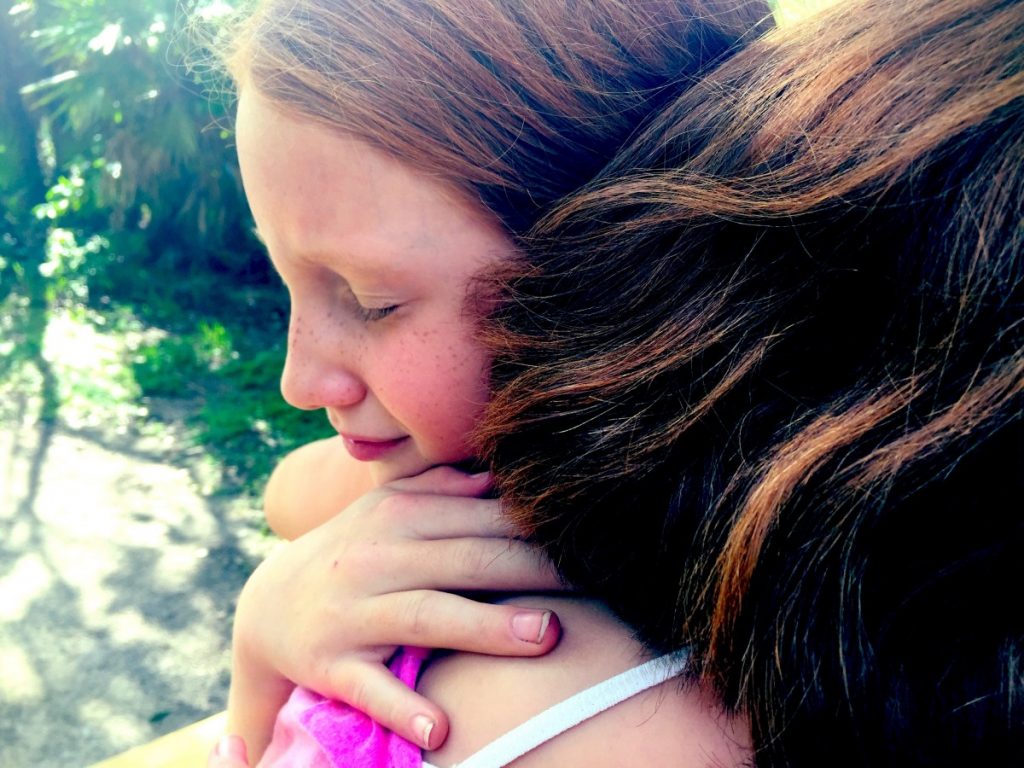
Depression is too complicated to handle even for adults who primarily have their lives already figured out. Some regress from the society, ridden with shame for having the mental disorder. Others feel lured to end everything before their loved ones can move to help them. If these are the illness’ influences on grownups, how will a mere child be able to overcome it?
Unfortunately, the latter isn’t a theoretical question. The number of kids who acquire this disease keeps on increasing, to the extent that even a seven-year-old angel may already be in a depressive state. And as undiscriminating as it is, the children within a loving family aren’t entirely safe from the disorder.
“Depression is a serious medical condition that can negatively affect a child’s ability to connect with friends and family, enjoy normal daily activities, attend school and concentrate while there, and enjoy childhood.” Says Katie Hurley, LCSW.
If you detect signs of depression in your offspring, don’t let weeks pass before taking the kid to a health professional for a psychological assessment. Should the diagnosis confirm your assumption, though, avoid opting for antidepressants as much as possible. There’s no cure aimed at this illness at the time of writing this article, and the drugs have side effects anyone can live without. You may ask for a suitable therapy for your child in place of that, which doctors recommend too.
But then again, the best decision is to try to help your kid overcome depression even if the psychiatrist or licensed therapist isn’t available. Continue reading to know-how.

- Talk About Everything With Them
The #1 cause of depression in most children is their inability to voice out their thoughts, especially in front of the parents. Many don’t want to burden people with their issues, while the rest aren’t used to sharing deep emotions with family members as they probably didn’t grow up seeing that happen in their household.
Either way, as the parent, you should be the first one to open the communication lines within your brood. Don’t be afraid of asking questions about their day, the classes they attend, and other extracurricular activities. Answer the queries they throw at you too – that’s an indication that they’re becoming comfortable to chat with you.
Once you no longer have problems in that department, you may then inquire regarding the depression and the suicidal thoughts they might have. That will let you fully grasp your child’s situation and be able to help them deal with it. “Some moodiness, anxiety, and social and school difficulties are expected as kids grow up,” says psychologist Kristen Eastman, PsyD. “I call them bumps in the road.”

- Make Them Feel Safe
The mental disease can root from bullying and peer pressure too. When a kid experiences maltreatment from other students at the school, he or she can shut up like a clam. It can also occur if they are active on social media and some online users start ridiculing their photos. “Childhood psychological abuse is the most challenging and prevalent form of child abuse and neglect but also the most difficult to define. While physical and sexual abuse are obvious and easily named as such, psychological and emotional abuse can just as often be about the absence of something rather than the presence of certain behaviours or treatment,” says Krasi Kirova, registered psychologist.
To improve matters for them, focus on getting down to the bottom of their issues. If it’s indeed school-related, visit the principal’s office or have a conversation with the bullies’ parents so that they can reprimand them for their rude behavior. If it’s the people on the internet, encourage them to do physical activities instead of being online all the time. Assure them as well that what those individuals said don’t matter as long as they know their value as a person.
- Learn Coping Mechanisms Yourself
Finally, spend time on understanding depression and the ways to handle it. There are a lot of articles and books dedicated to a mental disorder; you can speak with professionals anytime too. When you’re knowledgeable about the illness, it won’t be much difficult for you to guide your child away from depression.